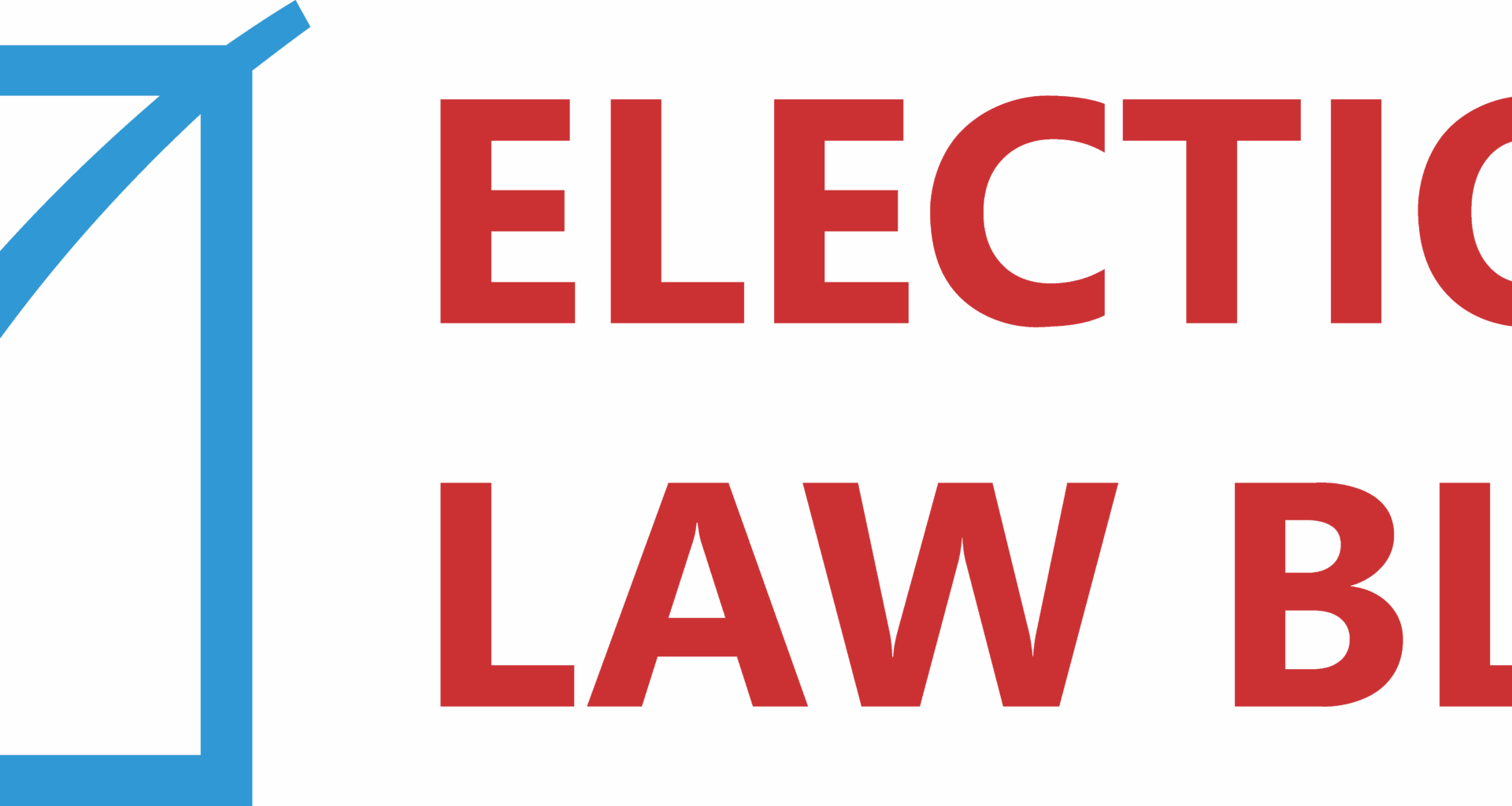A Press Release from Issue One provides evidence from tax filings showing how big pharmaceutical companies, including Eli Lilly, Merck, and Pfizer, use their trade association Pharmaceutical Research and Manufacturers of America (“PhRMA”) to funnel money to dark money groups that support Republican candidates.
“One of the largest contributions detailed in the new filing is $4 million given to the American Action Network, a dark money group aligned with House Republican leadership that has spent significant sums over the years to bolster House Republican candidates.”
Tax records reviewed by Issue One indicate that between 2019 and 2024, PhRMA did not contribute to the two largest dark money groups on the Democratic side, even as it contributed to candidates and political groups on both sides of the aisle.
Rewiring Democracy: How AI Will Transform Our Politics, Government, and Citizenship (MIT 2025) by Bruce Schneier and Nathan E. Sanders lays out a broad account of the myriad ways AI is likely to reshape democracy and governance.
“AI’s impact on democracy will go far beyond headline-grabbing political deepfakes and automated misinformation. Everywhere it will be used, it will create risks and opportunities to shake up long-standing power structures.
. . .
The authors describe how the sophistication of AI will fulfill demands from lawmakers for more complex legislation, reducing deference to the executive branch and altering the balance of power between lawmakers and administrators. They show how the scale and scope of AI is enhancing civil servants’ ability to shape private-sector behavior, automating either the enforcement or neglect of industry regulations. They also explain how both lawyers and judges will leverage the speed of AI, upending how we think about law enforcement, litigation, and dispute resolution.”
We often work and think in silos. Law of democracy scholars assess the state of democracy by considering the fairness of our elections. Traditionally, our focus is on whether voting rules and representation are fair. Lately, the scope of questions has expanded to concerns about transitions of power, political violence, and politically motivated prosecutions. But this video profile of ICE detentions of three green card holders, entitled We Followed the Rules. Ice Jailed Us Anyway, is stark evidence that immigration scholars are right. How our government treats immigrants, like how it historically defined citizenship, reveals a great deal about the state of our liberal democracy. Every government makes mistakes. There is no indication, however, that these stories are examples of mistakes. No indication that government officials have apologized for them, for example. As we consider the signs and degree of democratic backsliding, scholars of democracy should not ignore how the government is treating non-citizens and what it reveals about the health of democracy and the rule of law in the United States today.
Time has a new story on big money in New York City politics.
“In the final stretch of the New York City mayoral campaign, Curtis Sliwa says he was offered $10 million by a group of unnamed billionaires to drop out of the race and clear the way for Andrew Cuomo—so great was their fear of a Zohran Mamdani victory.”
Sliwa, apparently, dislikes Andrew Cuomo about as much as New Yorkers do, however, and refused.
“I keep referring to him as a Prince of Darkness, that’s a clue. I know how he operated. I used to deal with the Democrats, and they were in fear and fright of Andrew. He would hold vendettas, blood feuds and he would be unmerciful. ”
Time ran the story, although it could not independently verify Sliwa’s account.
From the N.Y. Times Magazine, a long profile of the internal workings of the Justice Department and the complete abandonment of basic rule of law norms, based on interviews with 60 former DOJ attorneys. The interviews include lawyers from the voting rights division as well as information about the Department’s handling of pardons for the January 6th riots, Eric Adams’ prosecution, and much more, directly related to the interests of blog readers.
“Beginning with Trump’s first day in office, the lawyers narrated the events that most alarmed them over the next 10 months. They described being asked to drop cases for political reasons, to find evidence for flimsy investigations and to take positions in court they thought had no legitimate basis. They also talked about the work they and their colleagues were told to abandon — investigations of terrorist plots, corruption and white-collar fraud.
Some spoke on the condition of anonymity because they feared retaliation against them or their new employers. We corroborated their accounts with multiple sources, interviewing their colleagues to confirm the details of what they described and reviewing court documents and contemporaneous notes. “
Election statutes, regulations, and advisory opinions are now available in one place using the Election Law Navigator, a free, comprehensive online tool. Released by… Continue reading
When Ohio’s local election officials have a question about how to handle a ballot issue or process a voter file, they no longer have to dig through manuals.
They can ask Eva.
Eva — short for Elections Virtual… Continue reading
Voters who did not follow a new Montana law requiring electors write their birth year on the envelope of an absentee ballot had the chance to fix the issue if they responded to a call, mailed notice… Continue reading
